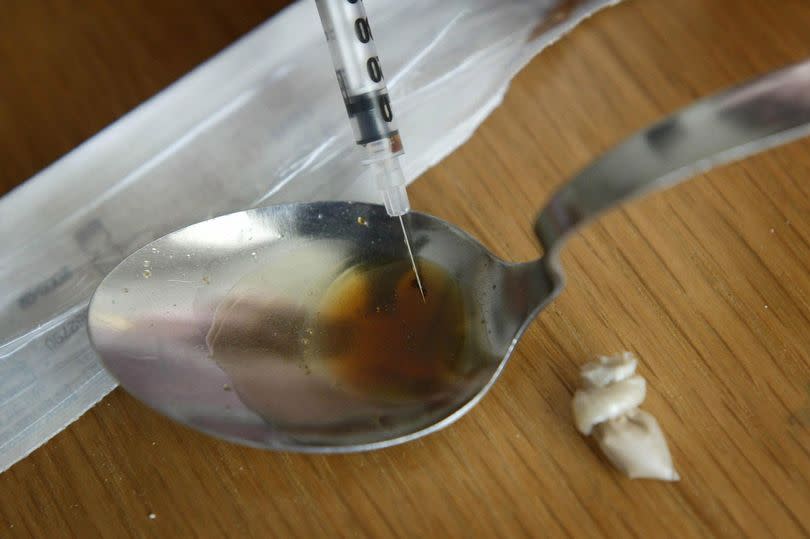Warning over drug dens near addiction support services as neighbourhoods 'taken over'

A local councillor has warned of drug dens located near addiction support services in Bristol with major impacts on neighbourhoods. Green Councillor Sibusiso Tshabalala, representing the central ward, said some residents felt like their neighbourhoods had been “taken over”.
Bristol City Council pays over £1 million a year to clinics helping people with drugs and alcohol. This includes for substance misuse treatment services, and handing out opiate substitutes such as methadone and buprenorphine.
The public health and policy committee extended the council’s contract for its substance use services during a meeting on Friday, June 21. But councillors warned that some of these services have an impact on people living nearby, and questioned how this could be resolved.
Read more: Major infrastructure works on Temple Island in latest Bristol planning applications
Read more: Huge battery compound ‘crucial’ in cutting bills and stopping blackouts refused
Cllr Tshabalala said: “There’s a consistent spillover of certain service users, especially in areas where service providers are situated, where service users literally take over some of the neighbourhoods. Especially when you look at Jamaica Street, residents feel they don’t have access to their neighbourhood any more because of the spillover of the service users. You’ve literally got drug dens outside of the service provider locations.”
The Homeless Health Service is based at the Compass Centre, on Jamaica Street in Stokes Croft. The service provides advice and treatment to people who are homeless, as well as handing out methadone.
Carol Slater, head of public health at the council, said: “The purpose of this service is to treat people but also to reduce harm, and to enable people to be able to live their lives more healthily, more independently and more safely. The more we can do that, the less likely we are to have people in dens and on the streets.
“There’s a whole question about the police and how we work with them to try and manage the community experience and perceptions around drug use and mental health. But I think that’s a bigger question that I feel I can’t answer today.”

 Yahoo News
Yahoo News 
